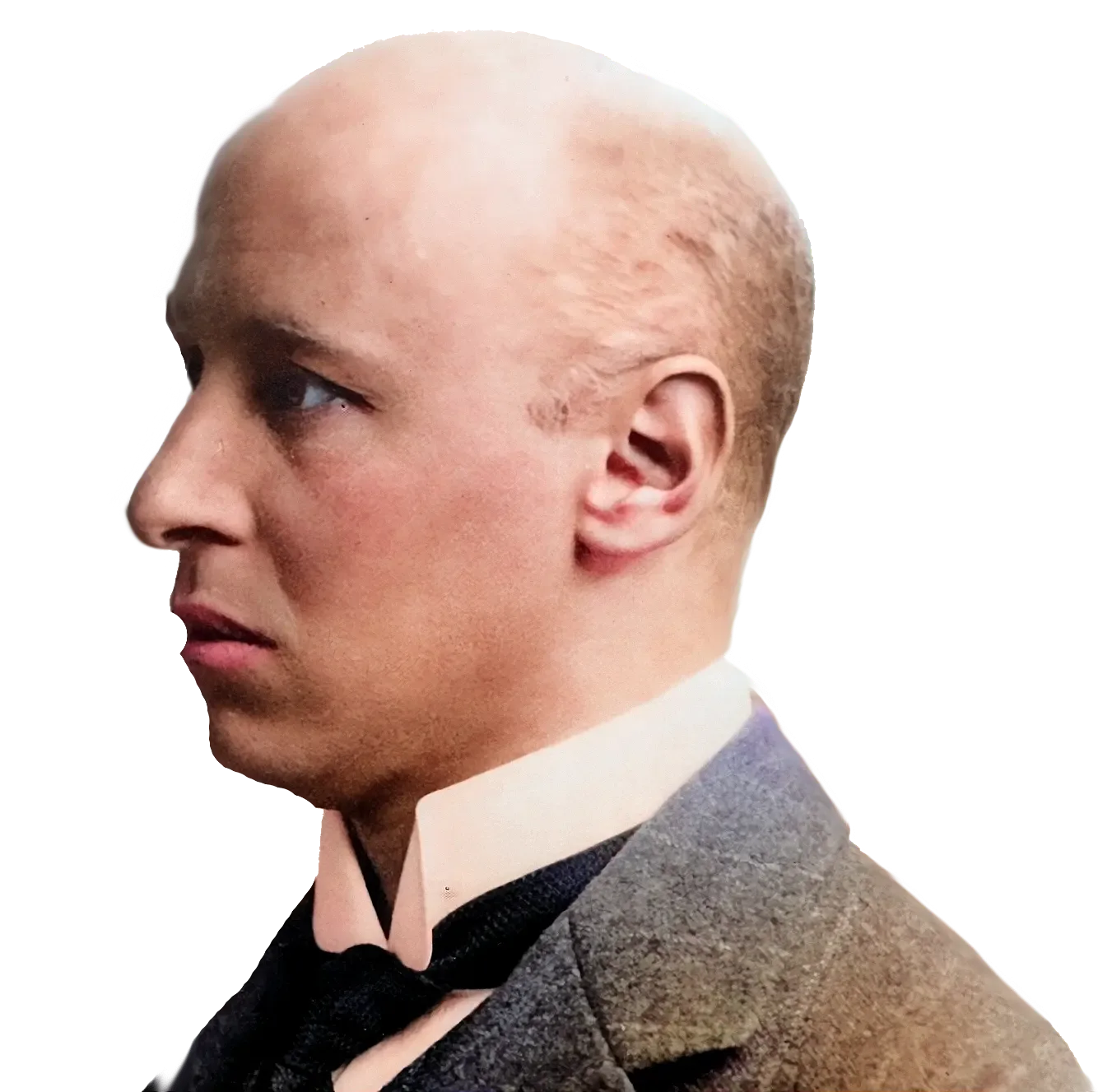Cornelis van Vollenhoven was appointed professor in Leiden in 1901. His field of study included the Adat law of the Dutch East Indies. He was already of the opinion that the Netherlands had for many centuries wrongly failed to appreciate this law. This idea was in line with the new Ethical Policy officially proclaimed in the same year by Queen Wilhelmina in her speech from the throne. According to this new policy, the colonial administration was required to work on promoting the socio-economic development of the indigenous population.
Through his extensive in-depth fieldwork in the colonial archipelago, Van Vollenhoven revealed the nature and significance of Adat law. He subsequently founded an Adat Law School in Leiden, where he proceeded to train many government officials.
More rights
Because his Adat Law School gave the Indonesian villagers more rights to their land, tensions arose between Van Vollenhoven and the colonial administration. Companies felt hindered in their exploitation of this same land. In response, an ‘opposing faculty’ was founded in Utrecht that taught a different interpretation of the law.
From a young age, Van Vollenhoven had been an advocate for a just world. During his studies, he was inspired by the ideas of Hugo de Groot and he formulated a proposition for a new international legal order that he put in writing in his book The Three Stages in the Evolution of the Law of Nations.
Exemplary judicial system
Van Vollenhoven was of the opinion that the Netherlands should develop an exemplary judicial system, based on the recognition of the rights of the indigenous population: in this case, the Adat law. He was only 27 when he was appointed professor, with as his appointed field of study ‘the constitutional and administrative rights of the Dutch East Indies and the Adat law of the Dutch East Indies’.
From 1909 onwards, in collaboration with his former colleague Snouck Hurgronje, he led one of the largest and most long-standing research projects ever conducted by Leiden legal researchers: the discovery and description of the Adat law in all regions of Indonesia. He summarised his findings in his monumental three-volume The Adat law of the Dutch East Indies.
Sharp criticism
In such works as The Indonesian and his land, Van Vollenhoven was also highly critical of the government’s policy with respect to the Dutch East Indies. In return, he himself was the object of criticism in the context of the Leiden-Utrecht conflict. Ultimately, however, his ideas prevailed. They were further propagated in the Dutch East Indies by his many devoted students and PhD students and played a key role in future Dutch policy.
The founder of the study of the Adat law died in 1933, aged 59. To this day Van Vollenhoven is known in Indonesia as bapak hukum adat: ‘the father of the Adat law’. Today Indonesia still struggles with many unresolved conflicts regarding land, a struggle in which the knowledge of Adat law developed by Van Vollenhoven continues to play a crucial role.

